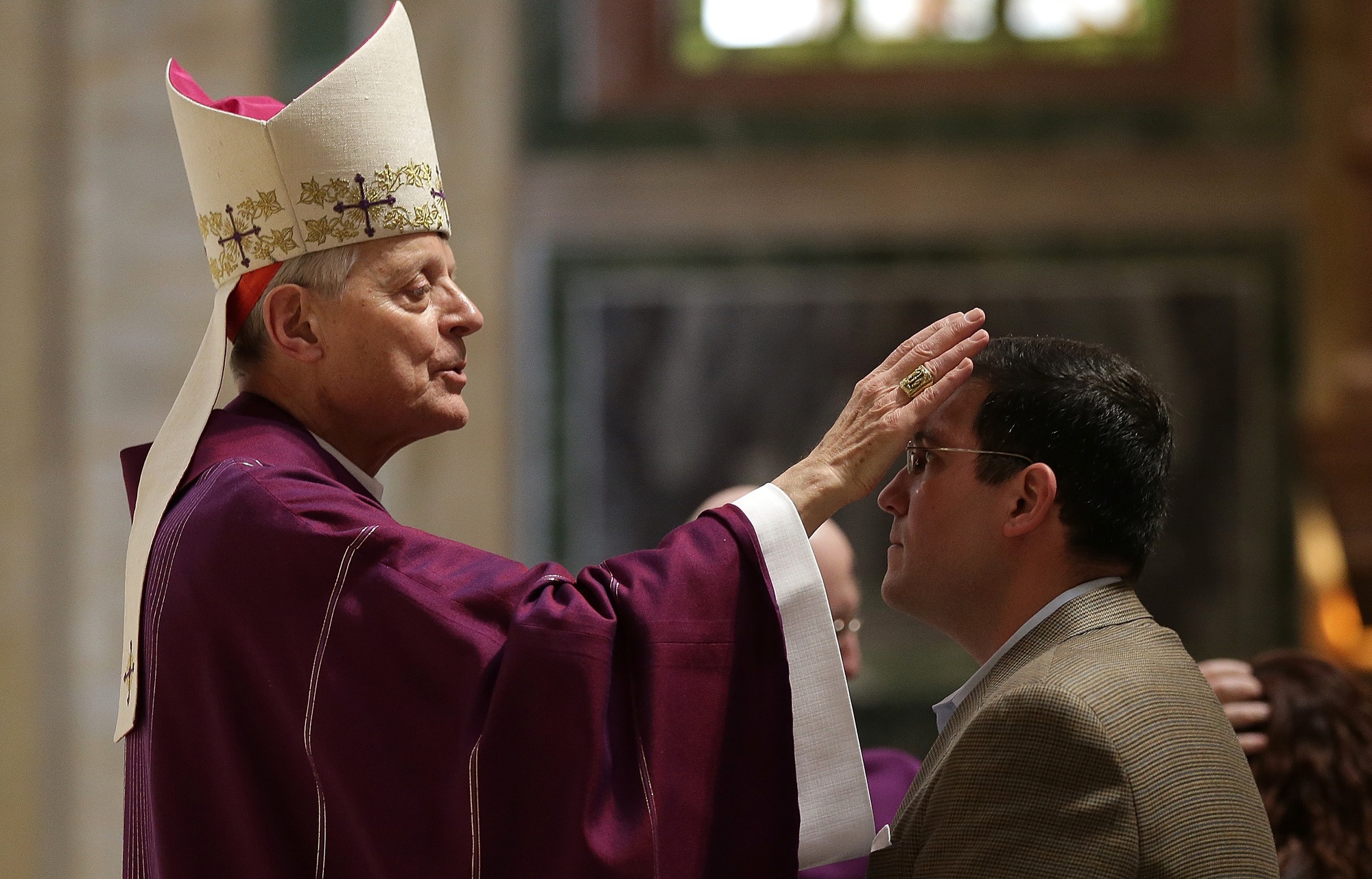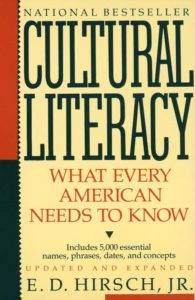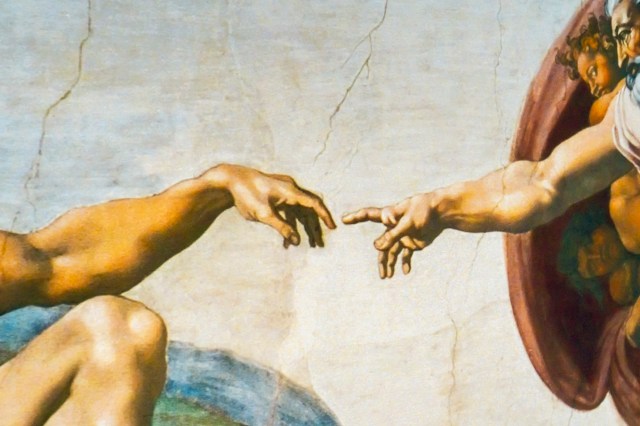
I went for a coffee a few weeks back. Not particularly newsworthy, and perhaps not the most inspiring of starts, but do bear with me. Whilst trying to work out which menu item would be closest to a normal cup of coffee, we were informed that, in addition to the usual cakes and pastries, there were also pancakes available, it being Pancake Day. In that jocular manner which always seems funnier to me than to those who have to endure it, I declared it wonderful that the café was keeping Shrove Tuesday, and asked would they be keeping Ash Wednesday?
I know, I know. Mea culpa.
Still, the response eventually came: “What’s that?”
Cue raised eyebrows, jaws dropping, coffee cups falling to the floor etc. Admittedly I exaggerate, but after some back and forth it soon became clear that this gentleman with whom we spoke – an articulate, intelligent, and respectable young man – had no idea what Ash Wednesday was.
Now of course, it might be that we elevate what is important to ourselves as that which ought to be important to everybody else, but surely one need not be religious to know about Ash Wednesday. Indeed, one need not be religious to care. There is a certain amount of cultural detail, of collective awareness, that we might just expect people to know, or more precisely to have been taught – in this case the marking of a liturgical season, but in another case a particular sculpture, a common idiom, a piece of literature, a score of music or a work of art. These things form the warp and weft of our culture, comprising the framework for which any account of being ‘educated’ can be built. Would we not just expect most informed adults to know of certain things? The Sistine Chapel? Shakespeare? Beethoven? Lent?

 More and more teachers have decided that the answer to these questions is: yes. There is a burgeoning interest in the work of E D Hirsh and the concept of ‘cultural literacy’ – the idea that a good education includes an awareness of the fruits of the culture in which we are being and have been formed. This is particularly pertinent for the most disadvantaged, for whom external conditions might not always provide the opportunity to engage with high culture, to have their minds, in the words of Peter Hitchens, “furnished with beauty”. With this comes a kind of social dislocation – an inability to engage with those things society has historically determined are worthy of engagement, or thrive within a society that does so.
More and more teachers have decided that the answer to these questions is: yes. There is a burgeoning interest in the work of E D Hirsh and the concept of ‘cultural literacy’ – the idea that a good education includes an awareness of the fruits of the culture in which we are being and have been formed. This is particularly pertinent for the most disadvantaged, for whom external conditions might not always provide the opportunity to engage with high culture, to have their minds, in the words of Peter Hitchens, “furnished with beauty”. With this comes a kind of social dislocation – an inability to engage with those things society has historically determined are worthy of engagement, or thrive within a society that does so.
The concept, however, is incomplete: for too long, the knowledge revolution has tended to proceed without due consideration given to the role of scripture as a core aspect of any meaningful account of cultural literacy. In short, those with a secular outlook too often assume cultural literacy can be pursued as an entirely secular affair. They might include important religious works of art or sculpture, but they attend to them as artefacts rather than testimony, and are rather more circumspect about the scriptural knowledge that would add new levels of understanding to their gaze.
Such neglect represents a tragic loss. In the words of Gabriele Finaldi, Director of the National Gallery, a secularised education and loss of scriptural understanding is worrying, since:
“There is a rich visual language tradition, a rich symbolic language in literature, which we find increasingly difficult to understand if we are not attuned to allegory, if we are not familiar with the great themes of classical antiquity and the Bible. If we are not aware of the background, then our experience is impoverished.”
Some will bray against this. Shaped by a culture which assumes the secular to be neutral, and society to be secular, there is an instinctive resistance to anything that smacks of imposing the presumed dictates of the religious. But is this to render oneself a philistine for the sake of proclaiming oneself impartial? Even from within the confines of a secularised account of society and culture, the case for increased scriptural literacy can be made. In the words of historian Tom Holland, “How can one understand Western literature, history & art without it?”
This is not to say that scriptural literacy has worth only in cultural-utilitarian terms, and if the argument presented here is one of social usefulness that is only for expediency. A detailed immersion in scripture might well help us better understand the intellectual architecture of the world around us, but it goes further than just this: it offers a means to engage at the deepest level with our own selves, something for which, if the recent explosion of interest in Jordan Peterson’s lectures on the Bible is anything to go by, there is clearly an appetite. In other words, the Bible not only contains the key code for a greater engagement with our culture (Peterson has called it the ‘foundational document of Western civilisation’), but also those depths and complexities of the human experience which contemporary secular society, in all its material accomplishment, tends to leave untouched.
But perhaps this is too contentious a realm, best left to the serendipities of the age. For now, maybe it is better to stick to the immediate claim – that cultural literacy requires scriptural literacy, and a knowledge of how its words and wisdom shaped our art, our laws, our literature, our music, our history, our language, our philosophy, our civic realm, indeed our very notion of ourselves.
To deny our children this is to deny them a stake in the aesthetic, ethical and literary landscape into which they are born, and that remains their rightful inheritance. Without this, our children have merely a technical connection to their past, an intellectual and social rupture which only loosens the connection to the present, a cultural listlessness that provides few navigation points for a generation trying to work out its own accounts of the good, the true and the beautiful.
Because in a society increasingly in the throes social and ethical ennui, in which an ever increasing number are driven to the darkest corners to look find meaning and overcome its absence, so this disinheritance, this lack of cultural formation, benefits none.










Join the discussion
Join like minded readers that support our journalism by becoming a paid subscriber
To join the discussion in the comments, become a paid subscriber.
Join like minded readers that support our journalism, read unlimited articles and enjoy other subscriber-only benefits.
Subscribe